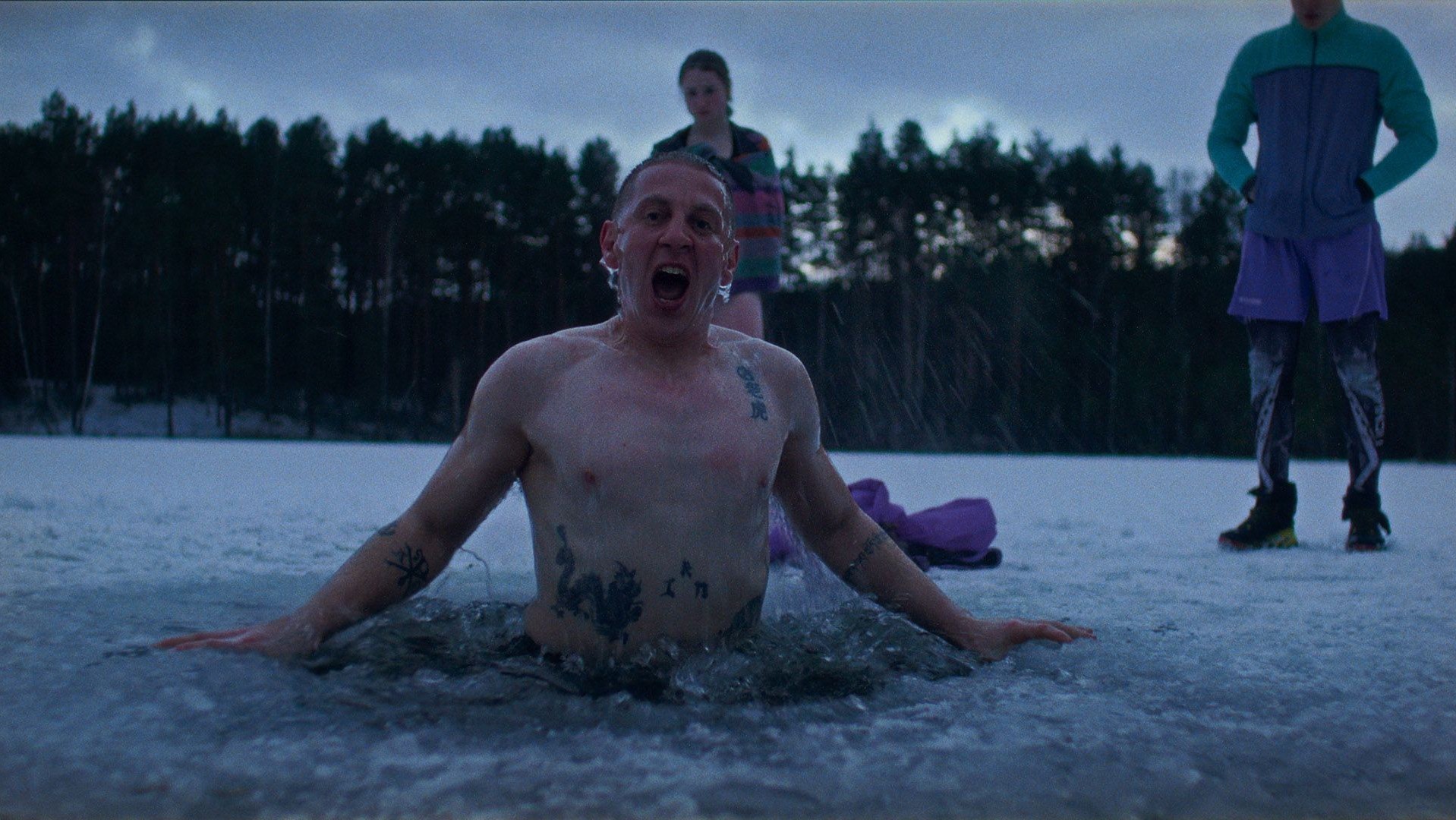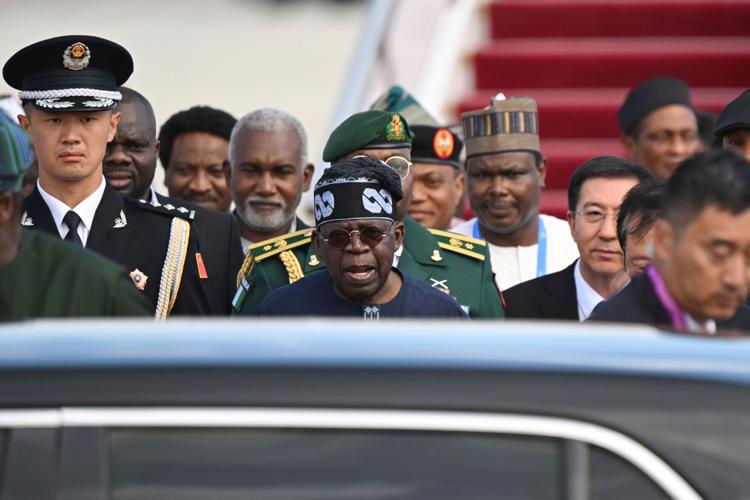A new film, China Sea, delves into the struggles of a canceled Lithuanian martial arts champion seeking redemption in the wake of a violent past. Directed by Jurgis Matulevičius and co-written with Saulė Bliuvaite, the film premiered at the 29th Tallinn Black Nights Film Festival in Estonia, where it won the Critics’ Picks Competition.
The story follows Osvald, played by Marius Repšys, a fighter banned from competition after injuring a girl during a street fight. Stranded in his bleak hometown in Lithuania, Osvald finds refuge in a rundown Taiwanese restaurant owned by his only friend, Ju-Long. As he navigates court-ordered therapy, he encounters Skaistė, a woman who offers him a glimpse of a better life. However, his violent history looms large, forcing him to confront a choice between redemption and self-destruction.
The film draws inspiration from the true story of a controversial Lithuanian fighter who gained fame in Asia during the early 2000s. Matulevičius explained, “Some producers approached me with a proposal to create a biopic that would celebrate this figure. While I recognized his status as a superstar, I also saw the darker aspects of his life, which I felt were crucial to explore.”
Bliuvaite added, “He was well-known internationally, especially in Japan, but his reputation at home was marred by violent incidents.” The narrative intertwines with the story of an Asian restaurant named China Sea in Vilnius, which became a focal point for the filmmakers. Matulevičius noted that both the martial arts champion and the restaurant owner experience a sense of isolation, raising themes of loneliness and identity.
The film opens with real TV footage of a fight, seamlessly blended with scenes featuring Repšys. This artistic choice aims to establish Osvald’s former glory. “The editing is designed so that viewers cannot distinguish between real footage and film scenes,” Matulevičius said.
Central to Osvald’s journey are themes of frustration and toxic masculinity. “Our main character embodies a man’s physicality but retains a mindset stuck in his teenage years,” Matulevičius explained. He portrayed Osvald as a product of an environment where emotional expression is suppressed, leading to anger and violence. As the narrative unfolds, Osvald embarks on a path toward transformation, attempting to become a better person by mentoring children and engaging with immigrants in the restaurant.
Bliuvaite emphasized the film’s deeper message: “It portrays individuals striving for personal healing while remaining oblivious to the chaos surrounding them.” The title, China Sea, serves as a metaphorical representation of the challenges one must overcome to achieve personal goals.
The film’s production also featured unique elements, including the casting of Osvald’s coach, who was the actual trainer of the real-life fighter that inspired the story. This connection added depth to the narrative. The duo cited the documentary The Work as a significant influence, particularly for its exploration of rehabilitation.
Casting choices were made with care; Repšys, who trained in martial arts for ten years, underwent a rigorous preparation process to meet the physical demands of the role. Matulevičius remarked, “He was committed to transforming his physique from 110 kilos to 84 kilos for the role.”
The production faced challenges, such as an intricate ice scene that required careful planning and post-production work. Despite these obstacles, the creative team expressed satisfaction with the final product.
Looking ahead, Matulevičius and Bliuvaite are exploring new projects individually but maintain a collaborative spirit, often sharing ideas and providing feedback on each other’s scripts. Matulevičius hinted at a future project set in the Curonian Spit, a UNESCO World Heritage Site, indicating a shift in thematic focus for his next film.
In conclusion, China Sea offers a compelling exploration of guilt, redemption, and the human condition, drawing from real-life experiences while highlighting the complexities of personal transformation. The film invites viewers to reflect on the deeper connections between isolation, identity, and the pursuit of a better future.







